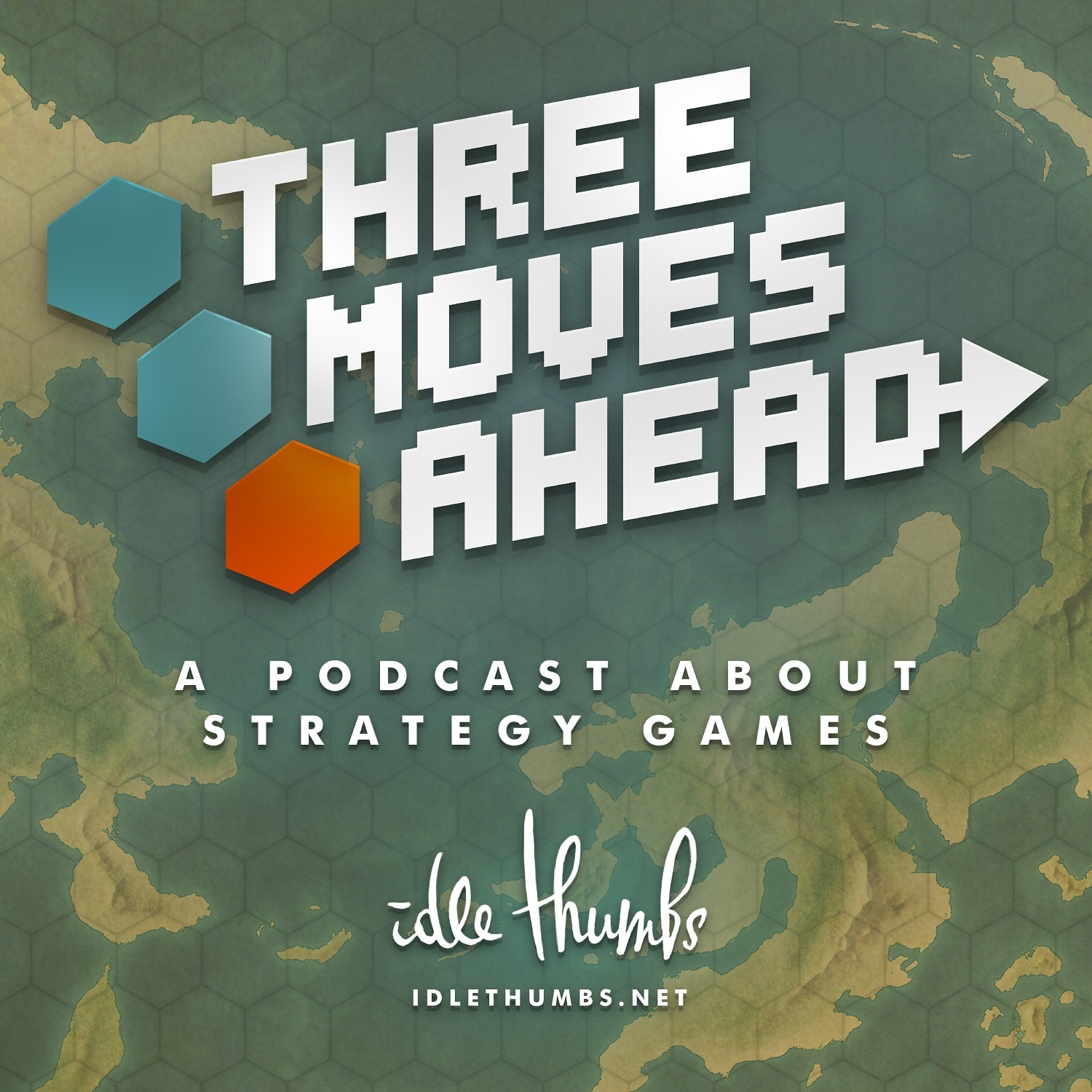- Leisure
- Games
- SEE MORE
- classical
- general
- talk
- News
- Family
- Bürgerfunk
- pop
- Islam
- soul
- jazz
- Comedy
- humor
- wissenschaft
- opera
- baroque
- gesellschaft
- theater
- Local
- alternative
- electro
- rock
- rap
- lifestyle
- Music
- como
- RNE
- ballads
- greek
- Buddhism
- deportes
- christian
- Technology
- piano
- djs
- Dance
- dutch
- flamenco
- social
- hope
- christian rock
- academia
- afrique
- Business
- musique
- ελληνική-μουσική
- religion
- World radio
- Zarzuela
- travel
- World
- NFL
- media
- Art
- public
- Sports
- Gospel
- st.
- baptist
- Leisure
- Kids & Family
- musical
- club
- Culture
- Health & Fitness
- True Crime
- Fiction
- children
- Society & Culture
- TV & Film
- gold
- kunst
- música
- gay
- Natural
- a
- francais
- bach
- economics
- kultur
- evangelical
- tech
- Opinion
- Government
- gaming
- College
- technik
- History
- Jesus
- Health
- movies
- radio
- services
- Church
- podcast
- Education
- international
- Transportation
- Other
- kids
- podcasts
- philadelphia
- Noticias
- love
- sport
- Salud
- film
- and
- 4chan
- Disco
- Stories
- fashion
- Arts
- interviews
- hardstyle
- entertainment
- humour
- medieval
- literature
- alma
- Cultura
- video
- TV
- Science
- en
Three Moves Ahead 558.5: Movie Night: Gettysburg (Patreon Preview)

b'Over on Waypoint I\\u2019ve spent about a month looking back at Sid Meier\\u2019s Gettysburg and teaching the game to the rest of the crew (with varying levels of success). But since I was already hip-deep in 90s Civil War culture, Troy and I decided it was time to tackle one of the films that we\\u2019ve been intending to discuss for years: 1993\\u2019s Gettysburg, directed by Ron Maxwell and bankrolled by Ted Turner.\\n\\nThere are a lot of issues with Gettysburg. It\\u2019s evasive on the subject of slavery, wanting both to ennoble is white Union heroes by reminding us that theirs was an army of liberation but to not think too deeply on who was being liberated or from what. Because it is also a product of Lost Cause traditions where the conflict was predominantly one about culture, or as the foppish British observer in this story declares, the root of the conflict is the \\u201cdifferent dreams\\u201d of its antagonists. Not pictured: the Confederate dream.\\n\\nIt\\u2019s also a very incomplete military history of the battle of Gettysburg but this really stems from the decisions author Michael Shaara made with his novel The Killer Angels, which finds its central narrative drama in James Longstreets\\u2019 prescience that Robert E. Lee is marching the army into a decisive defeat while on the Union side the story is told from the perspective of characters who do recognize the stakes and the dangers and have the agency to rise to the moment. It\\u2019s the stuff of a great war novel but not of a comprehensive military history, and so Gettysburg ends up being a film where Union command is effectively invisible.\\n\\nHowever, within those choices Gettysburg remains, as Troy says, one of the all-time great battle films. The murkiness in which decisions are made, the clarity of a commander\\u2019s intentions to his subordinates, the places where the rubber of generalship meets the road of combat\\u2026 all of this is brilliantly rendered in Gettysburg and, for me and Troy, maintains it as a favorite even for all of its manifest flaws.\\n\\nWe also decided that this episode, because it\\u2019s so directly in dialogue with a ton of work I\\u2019m doing over at Waypoint and on streams there, is one we\\u2019d just make public instead of reserving it for the Patreon. Troy and I love having these monthly chats for our backers (and our last one on Knight\\u2019s Tale and Marie Antoinette was another favorite) but here it felt like a useful place to show how we set these discussion about history movies in the context of all the other work we do as critics and professional strategy nerds.\\n\\nAnd by the way, after having tackled some heavier films of late, next month we\\u2019re giving ourselves a break with Branagh\\u2019s Death on the Nile as well as the 1978 version. Troy is trying to convince me to watch the Suchet one was well, and while Suchet is basically to Poirot what Jeremy Brett is to Sherlock Holmes, I\\u2019ve been warned that version is not one of the better Suchet adaptations. But we will at least be alluding to it in that conversation, even if we are focusing on the 2021 and \\u201878 versions.'